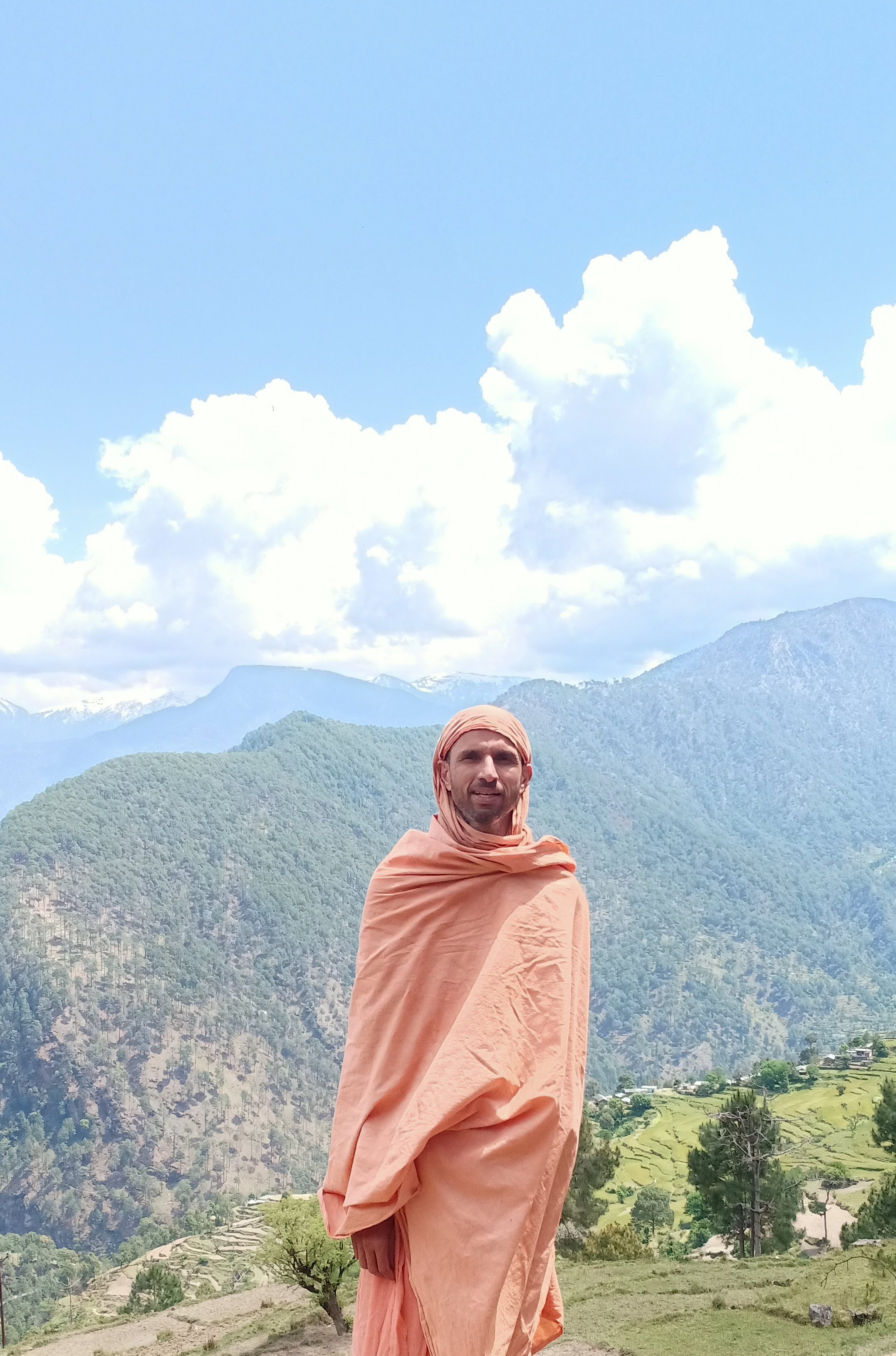A totem to wake you up!
In the Hollywood film Inception, the protagonist enacted by Leonardo Dicaprio is seen to carry with him as a totem, a spinning top. If the top ceases to spin, then it’s an indication that he is not dreaming (or that he is not in someone else dream.) The totem serves as a wake-up call.
What is your totem to check that you are not asleep or dreaming? Is it possible that even though you seem awake, you may not be fully awake to your own life? Various researches in neuroscience studies are showing that what we consider to be a waking state is nothing more than a dream, except with physical limitations. We participate in a series of conditioned patterns just like how much of our dreams are a regurgitation of subconscious impressions.
Let us for a moment consider what is it that makes us choose to get up from our bed, day after day. Obviously, some days we are excited about doing our favorite activities and getting up from our beds can be quite easy. But on most other days we lack this kind of excitement, as each day can seem to be patterned upon the previous days.
In reality, we seem to wake up only to eat, work and or engage in stimulating activities of recreation, procreation, and periodically enter into conflict with others who intrude into our physical and mental territory…until we are exhausted and able to fall asleep again. This is what animals do as well. At what point does our reason and introspection kick in and we declare that there must be something worth more than living a mere animal-like existence?
Are we dreaming or awake?
As humans, we all do get momentary glimpses about how in reality we are operating like automatons — or in other words going about life mindlessly dragged either by our physiological needs or by our mental habits. On such occasions, right within our awake state of mind, we may feel like we have just woken up from a relative sleep or dream state. Yet this thought is too disturbing for most of us to contemplate on, and thus we ignore it and return to our relative dreaming or sleeping state of mind.
In one of the most profound interaction that seekers of truth had with the newly enlightened being, the Buddha, they persisted in trying to nail down what state of mind was he identified with. Was he a God, a sage, a wizard of some sort, or just a human? After all, Buddha who seemed confined to the frail human body like every one else seemed to radiate a state of inner freedom, which even the Gods and evolved beings, seemed to lack. (These days you see similar curiosity with western neuroscientists and researchers in cognitive science trying to scan the brains of long term meditators and analyze their data in relation to non-meditators)
To the bafflement of his interrogators, Buddha came up with a new genre to categorize his state of mind, as he proclaimed; “I am not a human, a god or a sage…..but I am awake!”

The sheer simplicity of these words, “I am awake” has a grandeur to it when we consider how in a world where almost all of us are relatively sleeping or dreaming in our self-created mental worlds otherwise claim ourselves to be awake, and thus normal. Although various spiritual teachings and philosophical thoughts allude to this absolutely awake quality of mind, there are a rare few who have so explicitly and succinctly explained the nature of inner transformation and awakening. Unlike a transcendental perspective, the notion of being awake is much different to being without thoughts or being fixed in a superior mental state.
Are we the thinker of our thoughts?
Most of us seem to be a victim to our thoughts and the mental states it creates in us. We think that, we are thinking, planning, deciding, etc. when in reality thoughts, emotions and even our decisions are arising at a rate and force that we cannot directly control. While scientists continue to debate on whether or not, we have free will and on whether we are really in control of the thoughts that arise within us, any attempts at meditation even by an experienced meditator will reveal that we cannot plan on whether or not we will have thoughts for the next few minutes.
In fact, a deeper observation of our own minds will reveal that we are habitually lost in thoughts either about the past or the future, mentally grasping after things we think will bring us happiness and pushing away those that we think will cause us discomfort. And because of this, we are never quite open to life as it unravels to us — in the here and the now.
What is it that can allow us to awaken to our lives, and to the present moment, the only moment that there ever is; surely not just another philosophy, a mantra or a ritual. The practices of Mindfulness offer us an opportunity to get in touch with the present moment, not accidentally but deliberately. Mindfulness is a set of simple practices — of waking up, of checking if we are dreaming, of choosing to return back to the state of being awake in the here and the now. Regardless of its nature of simplicity, which could be temptingly dismissive, at the depth of mindfulness is laden the potential of complete inner transformation and self-discovery. Those who prematurely dismiss it, judge it merely from a conceptual framework of reference.
Mindful Inquiry — Cutting through the self-looping mental trap
Through the practices of mindfulness we question all that what appears to the mind, and within the mind, and thereby learn to check if we are really sleeping or dreaming. In reality, when we recognize this state of mind of being fully awake, and train ourselves under some qualified guidance on how to return to it at-will, then all the confusion of life becomes like an entertaining movie. We continue to play out our part but use it as stimuli to establish ourselves deeper within our waking state.

Leonardo DiCaprio’s character in Inception continues to face the challenges despite having a totem to check the nature of his lucidity. Most naturally created spinning tops would not spin more than a few seconds and if it did then we are probably dreaming. It serves as a compelling wake-up call in a world all our experiences in our waking state are inherently stamped with the quality of impermanence. Mere acknowledgement of the passing nature of our experiences is a stroke of lucidity. In that one moment of mindfulness, regardless of whether our experiences are good or bad, the dream reality of life loses its grasp on us. In thus being mindful, we too can momentarily declare, “I am awake.”
C G Mayya is a Mindfulness Instructor and Coach. He combines his background of training in traditional monasteries with participation in neuroscience studies and research in the US.
Originally published at medium.com


